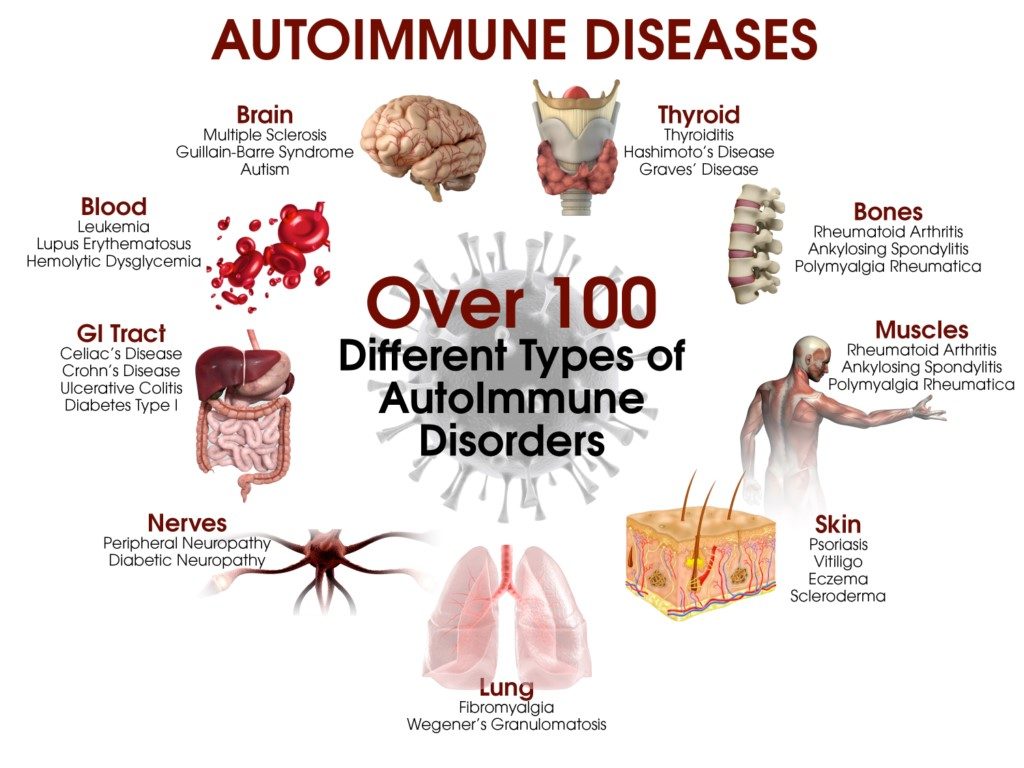Goa is abuzz with excitement as vintage bike and car owners, users, collectors and fans are decking […]

AUTO-IMMUNE DISEASE: WHEN OUR BODY FIGHTS ITSELF!
May 11- May 17 2024, MIND & BODY, HEART & SOUL May 10, 2024An interview with Dr Amit Dias
In May we have several days dedicated to the awareness of auto-immune diseases. May 10 is for World Lupus Awareness Day while May 20 is World Auto-Immune Arthritis Day. We used this opportunity to gather information on auto-immune diseases from Dr Amit Dias who says, “Auto-immune diseases are set in a condition when the body fights itself.” Read more about this condition in this informative interview.
Goan Observer: Doctor, could you shed some light on autoimmune diseases? We hear a lot about them these days, what exactly are they?
Dr Dias: Autoimmune diseases occur when the body’s immune system mistakenly attacks its tissues, mistaking them for foreign invaders. This can lead to inflammation, tissue damage and in some cases, organ dysfunction. In simple words, our body scores a self goal or it starts fighting itself. The outcomes range from mild problems that may not be noticed to life-threatening conditions.
Q: That sounds quite complex. What are the underlying reasons why we develop autoimmune diseases?
A: The exact cause is still not fully understood, but it’s believed to involve a combination of genetic predisposition and environmental factors such as infections, toxins and stress.
Autoimmune diseases can occur through various mechanisms such as molecular mimicry, where the body mistakes its tissues for foreign invaders due to similarities with pathogens. To give an example, let us consider rheumatic heart disease — this develops when antibodies produced in response to hemolytic streptococcal infection cross-react with heart tissues, leading to inflammation and damage to the valves of the heart. The person may present with fleeting joint pains, but the major damage is to the heart. It is said that the disease licks the joints, but bites the heart.
Q: Could you give us some examples of common organ-specific auto-immune diseases?
A: There are several types of auto-immune diseases. Some are organ specific while others affect various organs. Some common examples include Hashimoto’s thyroiditis affecting the thyroid gland, rheumatoid arthritis impacting the joints, and Type 1 diabetes affecting the pancreas. But there are several other conditions:
Guillain-Barre syndrome (nervous system)
Autoimmune hepatitis (liver)
Primary biliary cholangitis,
Sclerosing cholangitis (liver)
Ulcerative colitis (gastrointestinal tract)
Coeliac disease (gastrointestinal tract)
Crohn’s disease (gastrointestinal tract)
Multiple sclerosis (nervous system) • Myasthenia gravis (nerves, muscles)
Addison’s disease (adrenal glands )

Q: And what about systemic autoimmune diseases?
A: Systemic autoimmune diseases involve multiple organs or systems. Examples include systemic lupus erythematosus (SLE), affecting various parts of the body including the skin, joints, kidneys, and heart and multiple sclerosis (MS) which affects the central nervous system. Incidentally, May 10 is observed as World Lupus Awareness Day to raise awareness of this condition. The other systemic autoimmune diseases are:
• Rheumatoid arthritis (joints, lungs, skin, eyes can get involved)
• Scleroderma (skin, intestine, lungs, kidneys)
• Sjögren’s syndrome (salivary glands, tear glands, joints)
• Dermatomyositis (skin, muscles)
• Antiphospholipid antibody syndromes (blood cells)
• Mixed connective tissue disease
• Polymyositis (skin, muscles)
• Polymyalgia rheumatica (large muscle groups)
Q: What are the treatment options available in the management of auto-immune diseases?
A: Treatment depends on the type of auto-immune condition that the person has and the damage it has caused the organs. Treatment generally aims to suppress the overactive immune response, reduce inflammation and manage symptoms. This often involves medications such as corticosteroids, immune-suppressants and biological agents. Lifestyle modifications and supportive therapies like physical therapy can also be beneficial.
Q: How significant is the burden of auto-immune diseases globally and in India?
A: Autoimmune diseases collectively impose a significant burden on healthcare systems worldwide. In India, the prevalence is rising, possibly due to changes in lifestyle and environmental factors, though precise statistics may vary depending on the condition.
Q: If someone suspects they have an autoimmune disease, which specialist should they consult?
A: It depends on the condition. For example, if there are joint pains, it is best to consult a rheumatologist or an immunologist who specializes in autoimmune disorders. They have the expertise to diagnose and manage these conditions effectively. So meet your treating physician if you have any complaints and they will refer you to the right specialist.
Q: Finally, what advice would you give to our readers regarding autoimmune diseases?
A: I would advise everyone to be pro-active about their health issues, maintain a healthy lifestyle and seek medical attention if you experience persistent symptoms such as unexplained fatigue, joint pain or unusual changes in bodily functions. Early diagnosis and management can significantly improve outcomes. Stay fit, stay informed.
















